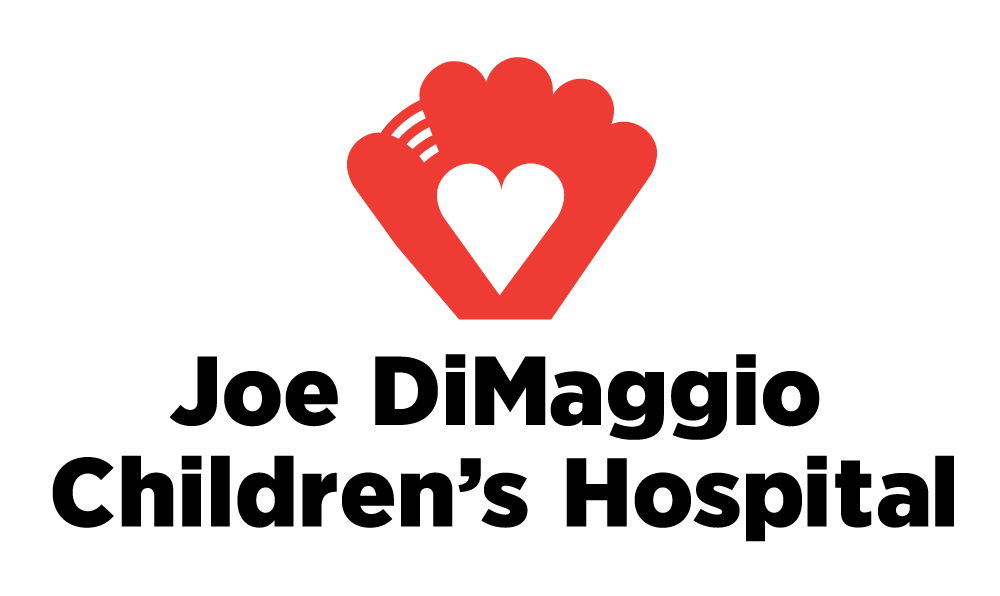Lifestyle reached out to businesspeople all over South Florida—in categories ranging from retail and real estate to medical and automotive—and asked three questions: How did COVID-19 and the shutdown impact your business; how did you position your business in the interim; how will experiencing this unprecedented pandemic change the way you conduct business moving forward? Today, we check in with Christine Yaged, founder of Launch Potato.
Business background: The Delray Beach-based tech company that builds and scales digital brands owns and operates websites in a wide range of verticals, from personal finance to casual games. Launch Potato, honored as one of the fastest-growing tech businesses and viewed as a leader in remote working, employs 50-plus team members across nine countries. (launchpotato.com)
The impact: “Because our businesses are so diversified, our consumers vary demographically, geographically and economically. When there are macroeconomic changes that negatively affect the consumers of one of our businesses, we can pivot to other brands in our portfolio that have more opportunity. For example, our personal finance site, FinanceBuzz, is directly affected by the pullback of credit and lending due to COVID-19’s impact on the economy. However, with more people at home and online, our casual games business is seeing increased traffic. … We have been a distributed company from day one; while our corporate headquarters are in downtown Delray, half our team already was working remotely pre-pandemic. … All of our team members are still working [and all remotely].”
In the interim: “We constantly monitor risk and strategically evaluate our businesses; we will continue to do so as the crisis winds down. The strength of our diversified portfolio has become even more apparent to us, and we will double down on the businesses and people we have now.”
The future: “Cash flow and credit management have always been a top priority. However, given the turmoil, we are more aware of the risk of extending credit to our partners. While we are one of the lucky few companies that could transition to working fully remote relatively easily, we also recognize that the current strength of being digital could be a weakness if something catastrophic happened that affected the internet for an extended period. As a takeaway from this experience, we will develop a business disaster recovery plan for such an event.”















